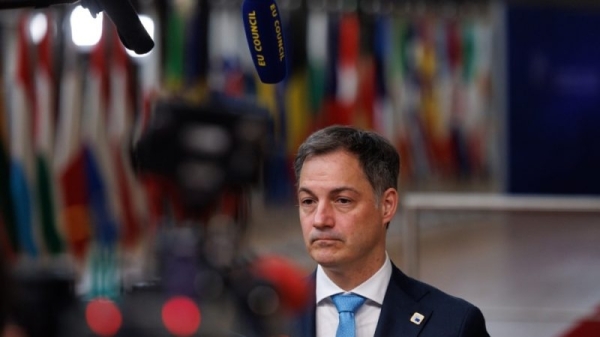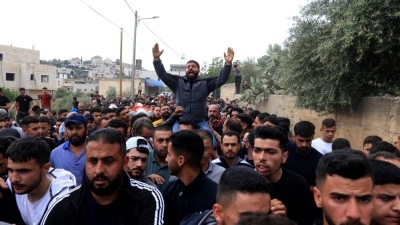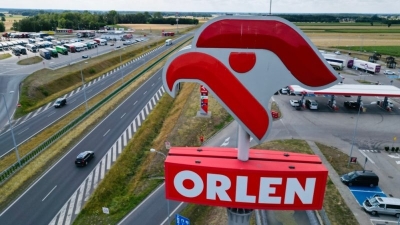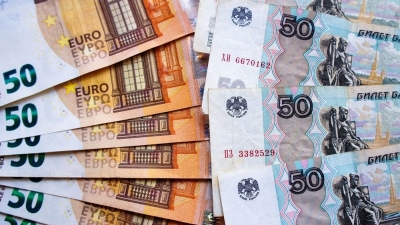EU activates crisis response corps to fight Russian interference

EU leaders decided on Wednesday (17 April) to launch a temporary crisis task force to centralise the monitoring and sharing of information on Russia’s attempts to interfere in June’s European elections, eyeing a permanent system after that.
Last month, Czech and Polish authorities uncovered what they said is a pro-Russian influence operation in Europe allegedly involving members of the European Parliament and candidates for June’s EU elections.
In reaction, EU leaders have agreed to launch a temporary crisis taskforce under an Integrated Political Crises response (IPCR) arrangement, after which permanent systems will be considered, Belgian Prime Minister Alexander De Croo announced on Wednesday night during an EU leaders summit.
IPCR arrangements allow the country holding the rotatory EU Council Presidency, currently Belgium, to set up a task force to support rapid coordination and decision-making in crises and have been previously launched during the COVID-19 pandemic and Russia’s war in Ukraine.
De Croo said the Commission, the European External Action Service, the Parliament, and the EU Council will “monitor very closely what’s going on to coordinate information and pass it on to national bodies and authorities so that they can intervene if necessary.”
Before the summit, Belgian Prime Minister Alexander De Croo and Czech Prime Minister Petr Fiala sent a letter on 16 April urging swift action by EU leaders.
In a new revelation since the scandal broke out, the letter added that the uncovered propaganda network also aimed at “appointing people active within this network as employees of (newly elected) MEPs,” citing Belgian intelligence services.
De Croo has previously affirmed that Moscow has approached and paid some MEPs.
Next: Extending sanctions and public prosecutor’s mandate
The letter also pushed to reassess the mandate of the European Anti-fraud Office (OLAF) and the European Public Prosecutor’s Office (EPPO) to allow them to investigate cross-border foreign interference.
“The first analysis tells us that changing this mandate is something that takes time to do properly (…). It’s something we have to do, but it will take more time,” De Croo said, leaving such reform for after the EU elections.
Following the Czech intelligence services’ investigations, the Czech Republic sanctioned the media Voice of Europe and two individuals involved and urged the EU to add them to its blocklist.
Despite no agreement yet, the Czechs are pushing for this to happen before the EU elections, an EU diplomat told Euractiv.
Read more with Euractiv




